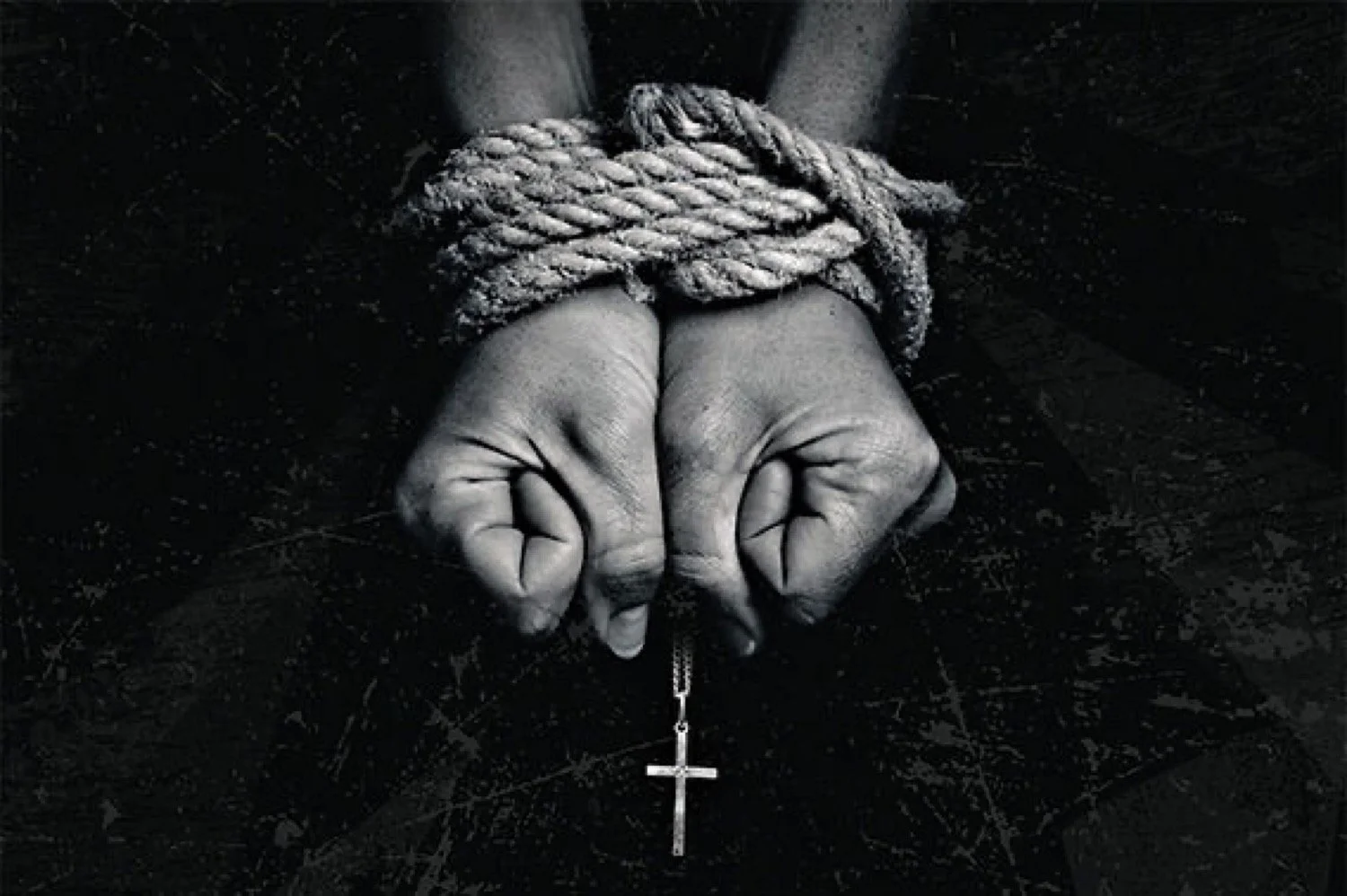Readings for today: Psalms 97-99
When I look at the world around me, I find it easy to get discouraged. My wife tells me it’s because I pay far too much attention to the news and I will readily admit I have a difficult time turning it off. The brutal invasion of Russia into Ukraine. Severe drought and famine in eastern Africa. Food insecurity and starvation in so many parts of the world. The impact of climate change on developing nations. Persecution of fellow Christians in countries where it is illegal to worship, much less share the good news of the gospel. The deeper the Spirit takes me into Christ, the more these things effect me. I am often troubled when I pray. I often find myself brooding over the chaos of the world. Wondering when God will finally put an end to it all.
I am just as troubled for events here at home. The mass shootings at local grocery stores and churches. The rise in white supremacy and other hate groups. The desperate plight of the poor as inflation continues to rise. The rage that seems to simmer under the surface of our society. The impotence of our political leadership who are more beholden to hyper-partisanship than they are the welfare of our nation. Even more locally, I am baffled by the ability of people to walk away from relationships they’ve cultivated for years. Troubled by our wide-spread lack of resiliency. Our inability to process disappointment and pain in healthy ways. The deeper the Spirit takes me into Christ, the more I realize how essential forgiveness and reconciliation are to the life of any community. Be it a family, church, school, business, town, etc. We simply cannot survive without it and yet fewer and fewer people seem capable of grace.
I am broken by the personal and pastoral experiences I’ve had recently. I recently officiated a memorial service for a 32 year old young man. Sitting with the family in their grief broke my heart. I have another dear friend who is a young dad potentially facing an uncertain future due to an unexpected diagnosis. I know several couples who are struggling to hold their marriages and families together. I know too many teenagers who are fighting depression and anxiety. Yes, I know this is part of what I signed up for but it doesn’t make it any easier. I certainly am no superman. My heart breaks on almost continual basis for those I love and have the privilege to serve.
So where do I go to find hope? I turn to the Psalms. Listen again to these glorious, encouraging words. “The Lord reigns, let the earth be glad; let the distant shores rejoice. Clouds and thick darkness surround him; righteousness and justice are the foundation of his throne. Fire goes before him and consumes his foes on every side. His lightning lights up the world; the earth sees and trembles. The mountains melt like wax before the Lord, before the Lord of all the earth. The heavens proclaim his righteousness, and all peoples see his glory.” (Psalm 97:1-6) What a declaration of hope! God reigns! Not God will reign or God has reigned. No! God reigns in the present tense! He reigns in the here and now. He reigns over the chaos. He reigns over the pain. He reigns over disease and death. He reigns over it all. Globally. Domestically. Locally. Personally. God reigns! And because God reigns, I can be glad. Even in the midst of all my fears. Even as I stumble under the weight of all my burdens. Even when I am discouraged or troubled or broken. God reigns. I can rejoice. “Light shines on the righteous and joy on the upright in heart. Rejoice in the Lord, you who are righteous, and praise his holy name.” (Psalm 97:11-12)
Now I know many will argue this doesn’t change a thing. It’s not like war and violence and sickness and suffering are going away anytime soon. They will use world events as evidence to push back against the idea of a good and holy and righteous and sovereign God. They will argue it’s impossible for God to be all these things when there is so much wrong in the world. This leaves us with one of only two conclusions…so they say. Either God isn’t good. Isn’t holy. Isn’t righteous. And perhaps doesn’t care. Or God is not sovereign. He is not all-powerful. He doesn’t reign and is at the mercy of the same forces we are that operate with impunity in our world. To be honest, if I didn’t have faith. If I hadn’t encountered God personally. If I didn’t know God on an intimate level, I might be tempted to agree.
But I do believe. I do have faith. Even in the darkness, I trust the light will one day dawn. Even when the world is crashing down around me, I trust the One who holds all things in His hands. Even when the lives of those I love seem to be falling apart, I trust the One who holds all things together. God reigns! God is on His throne! God is sovereignly directing all things for His glorious purposes! So I will sing! I will “sing to the Lord a new song, for he has done marvelous things; his right hand and his holy arm have worked salvation for him. The Lord has made his salvation known and revealed his righteousness to the nations. He has remembered his love and his faithfulness to Israel; all the ends of the earth have seen the salvation of our God.” (Psalm 98:1-3)
Readings for tomorrow: 2 Samuel 24, 1 Chronicles 21-22, Psalms 30




